Live life your way with live-in care
Live life your way with live-in care
We’ll connect you with experienced self-employed carers, and ensure you have the tools and support you need to take back control of later life.
We’ll connect you with experienced self-employed carers, and ensure you have the tools and support you need to take back control of later life.

Used by 5,000+ families across the UK

More affordable
On average, services facilitated by Elder are 35% cheaper than traditional alternatives.
Keep your routine
Whenever and however you need it, you set the scope of your service.
Choose your carer
Pick your favourite self-employed carer from personalised matches.
5-star support
Use our platform to plan and manage care from anywhere, and chat to 5* rated support teams.
More value
On average, services facilitated by Elder are 35% cheaper than traditional alternatives.
More control
Whenever and however you need it, you set the scope of your service.
More choice
Pick your favourite self-employed carer from personalised matches.
More support
Use our platform to plan and manage care from anywhere, and chat to 5* rated support teams.
Why choose live-in care?
With our platform you can find the ideal self-employed carer to move into your loved one’s home, and provide full-time, bespoke care. It enables them to keep their home, routine, and independence.
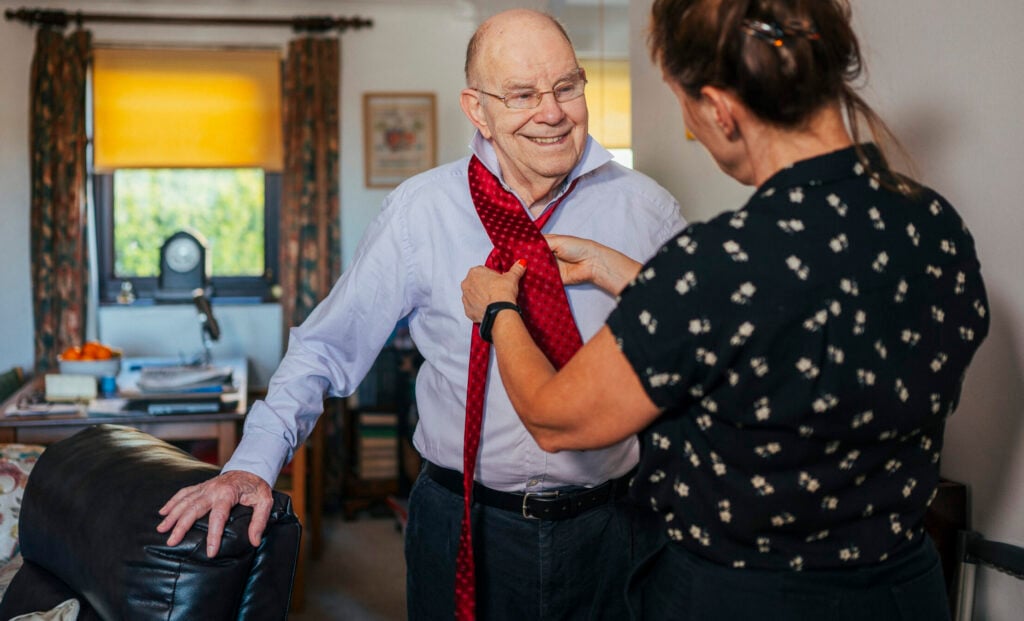
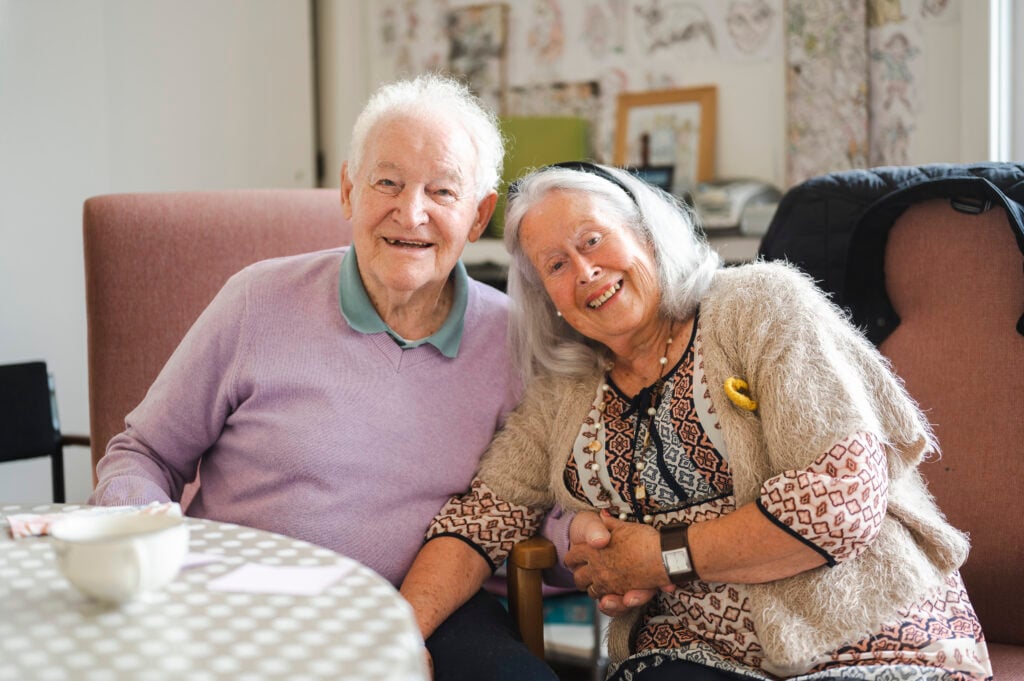


Our care services
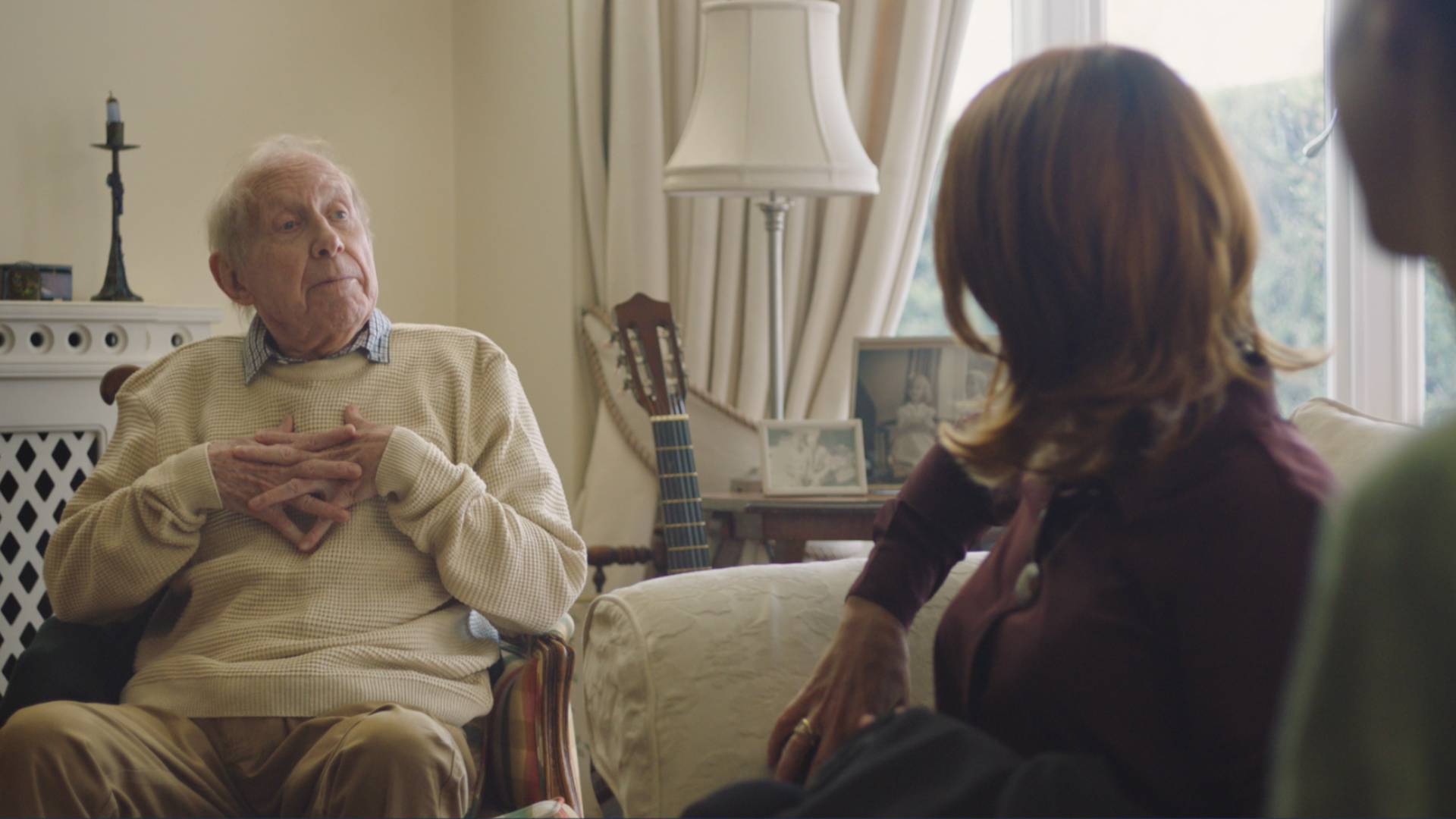
Live-in care
Long-term 24-hour support
- A carer lives in the home to provide round-the-clock support
- Suitable for people living with conditions like dementia, reduced mobility, etc.
- For long-term care needs
- From £1150/week (£165/day)
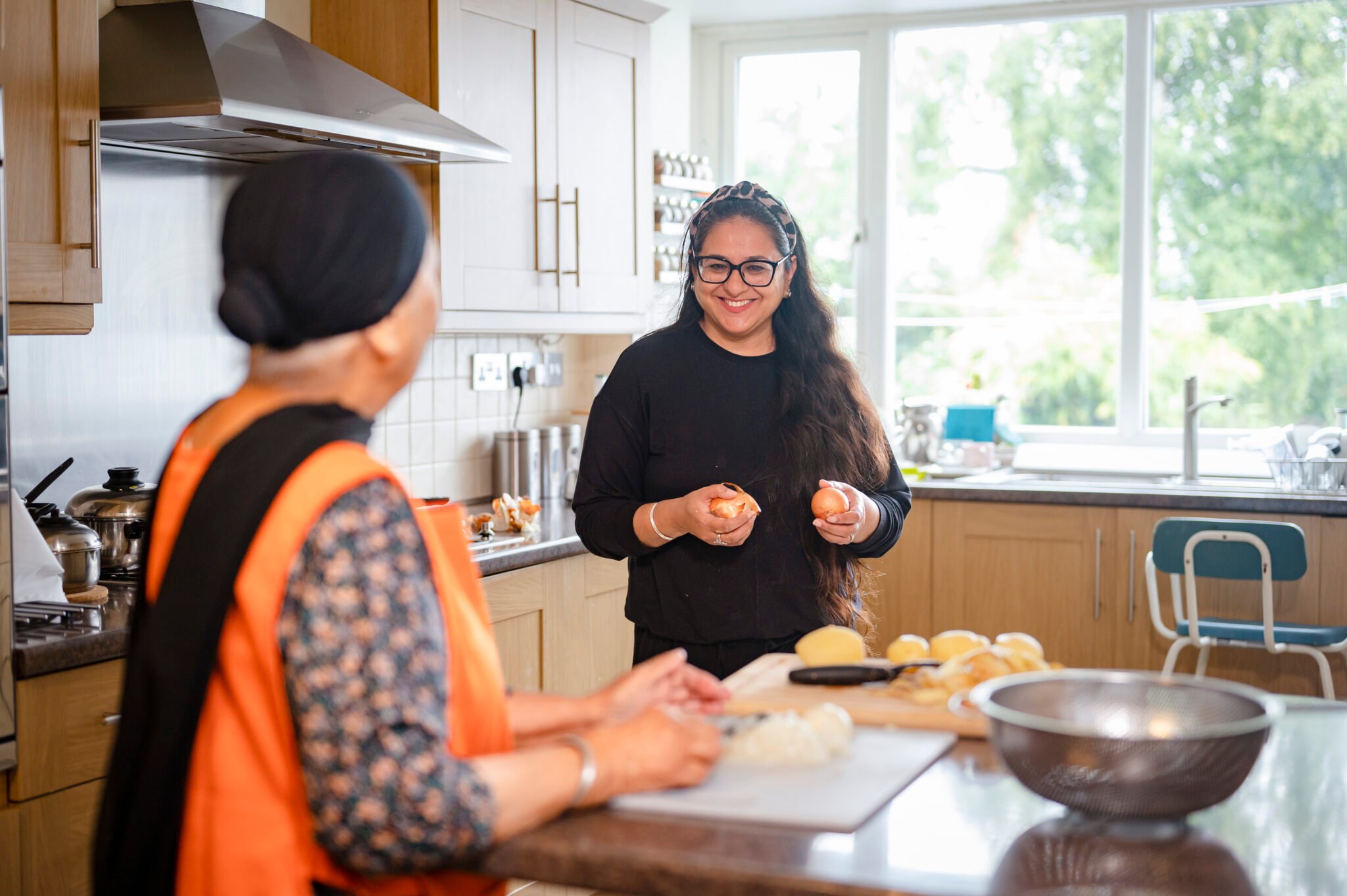
Respite care
Temporary 24-hour support
- A carer moves in for a few days to provide round-the-clock support
- Suitable to cover for a main caregiver or for a temporary increase in care needs
- Minimum duration of 3 days
- From £684/3 days (£228/day)
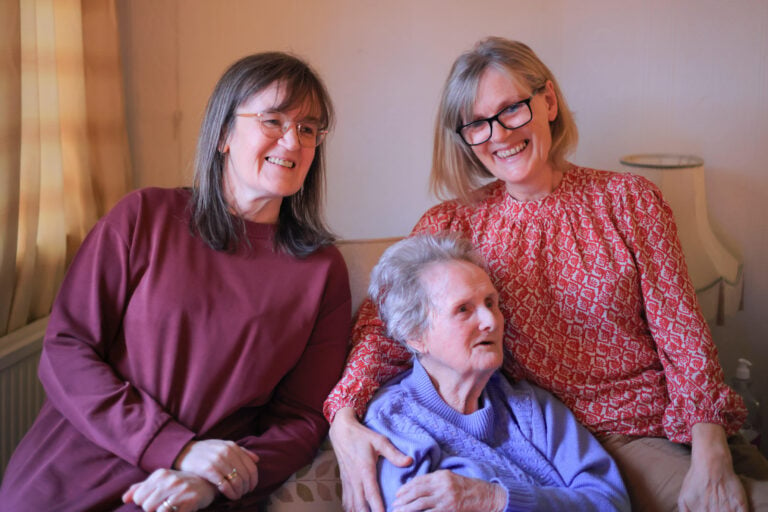
Visiting care
Flexible home visits
- Book as many hours as you need for help in the comfort of your home
- Support with everyday tasks like grooming, walks, cooking, etc.
- Starting from 1 hour per week
- From £30/hour
We are an award-winning marketplace connecting families and carers
Every care story is personal, and ours is no different. Our founder, Pete was inspired to help families like yours after struggling to find the right care for his own Gran, Frances. Fast forward to today and our platform has connected thousands of families and self-employed carers. Our tools personalise every care experience, eliminate unnecessary paperwork, and empower families to take control of later life.
Why Elder?

A personal touch
Our technology looks at over 25 skill and personality factors to uniquely match you with suitable self-employed carers. You can view each carer’s detailed profile and chat to them directly, before choosing who you like best. And, because we know care decisions are often a family affair, our platform allows you to collaborate and work together.

We keep you in control
No one knows your family like you do – therefore decisions over how your loved one is cared for should sit with you, rather than a care company. With Elder, your agreement will be between you and your self-employed carer – together you can agree how care takes place – protecting routines, and ensuring care stays personal.

More affordable than you think
People often think home care is unaffordable. However with Elder’s service you’ll only pay for the care you need, with no hidden costs or upfront fees. Because we work exclusively with self-employed carers, our introductory services are 35% cheaper on average than managed services.
Is live-in care suitable?
The carers on Elder can help with a long list of things, but there are also some tasks they cannot do. For further details, click here.
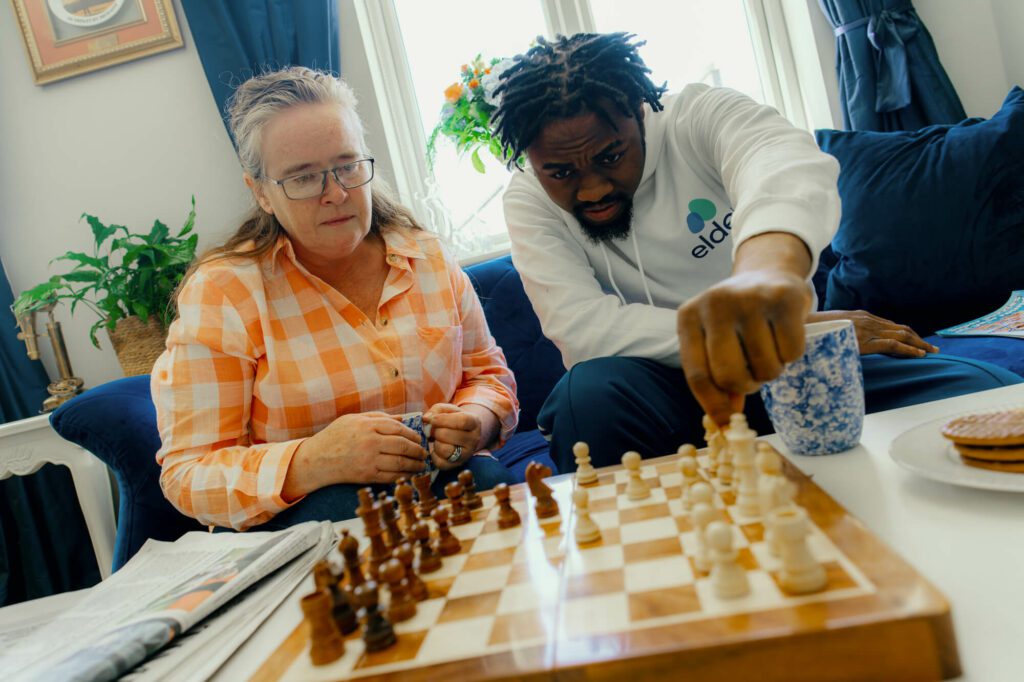




Glucose readings via finger pricks, Injections, Pessaries, Enemas, Suppositories

Helping you find a friendly face and safe pair of hands
We want you to find a self-employed carer you can trust and get on with. So carers must pass a suitability screening in order to join our platform, which includes a background check and character assessment. They’re also asked to provide relevant documentation and verifiable professional references. Only 2% of applicants are successful.
It’s one of the reasons why 90% of our customers find their ideal carer first time.
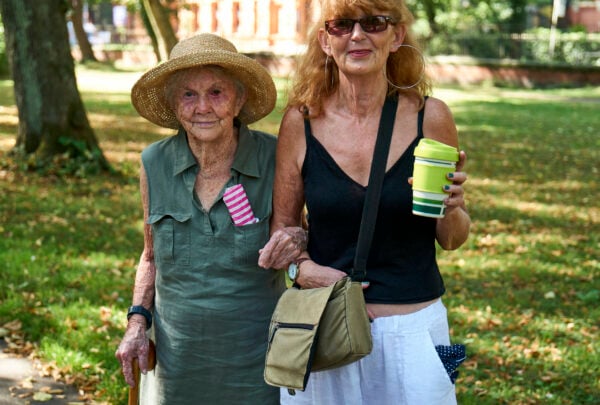
“Patience is a breath of fresh air! She is lively, cheerful and fun and brings joy to my in-laws' home. Nothing is too much trouble. She makes my mother-in-law feel like a princess.”
Louise

“David has been 400% better than I could ever have imagined. I have seen many carers over the years but David is in a break away Premier league. He is attentive, thoughtful, constantly looking to improve the situation.”
Matthew
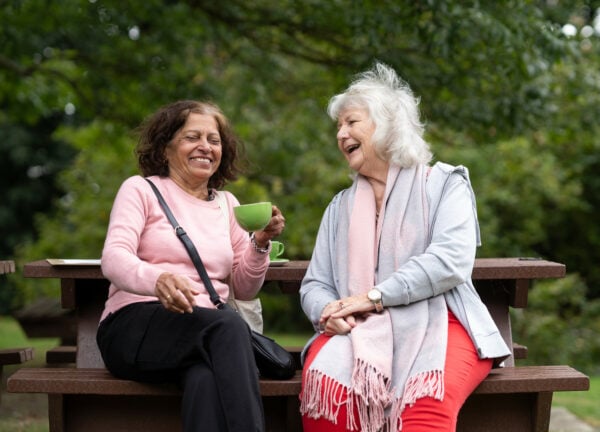
“[Our carer] never underestimated mum's sharp intellect and desire to hold on to her independence. She and mum chatted about songs mum had always enjoyed, and she helped to create a special playlist for her."
Jane
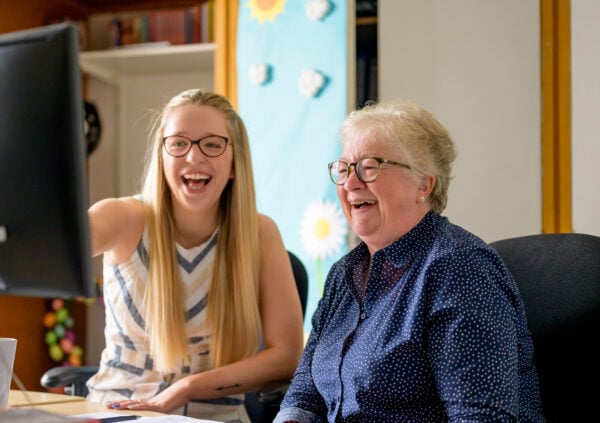
“My mother has dementia and Maria quickly gained her trust...Maria cooks her delicious meals from scratch and keeps my mother busy with new card games. I have never seen my mother so happy.”
Alice
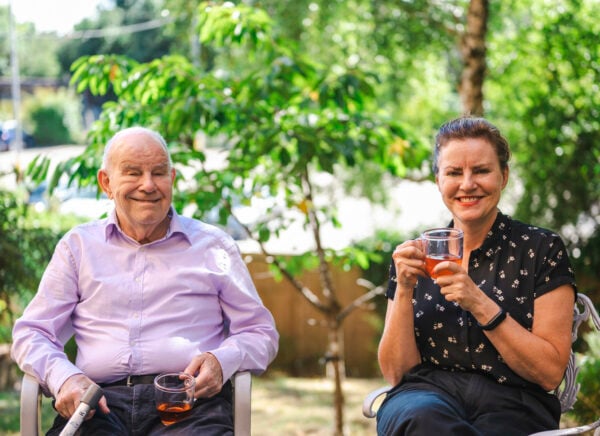
“She was a very friendly capable caring lady. My husband thought the world of her and has asked me if he can have her care for him the next time I am away which means a lot to me.”
Elizabeth
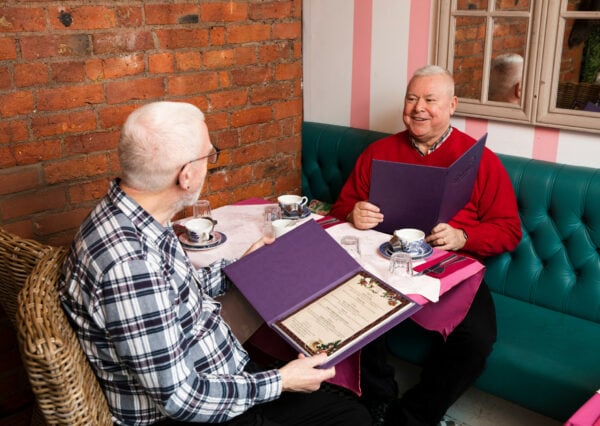
"Marko has taken the trouble to understand Ken's complicated needs, has become a good friend for Ken and is restoring some fun to Ken's life. For that we cannot thank him enough."
Alan
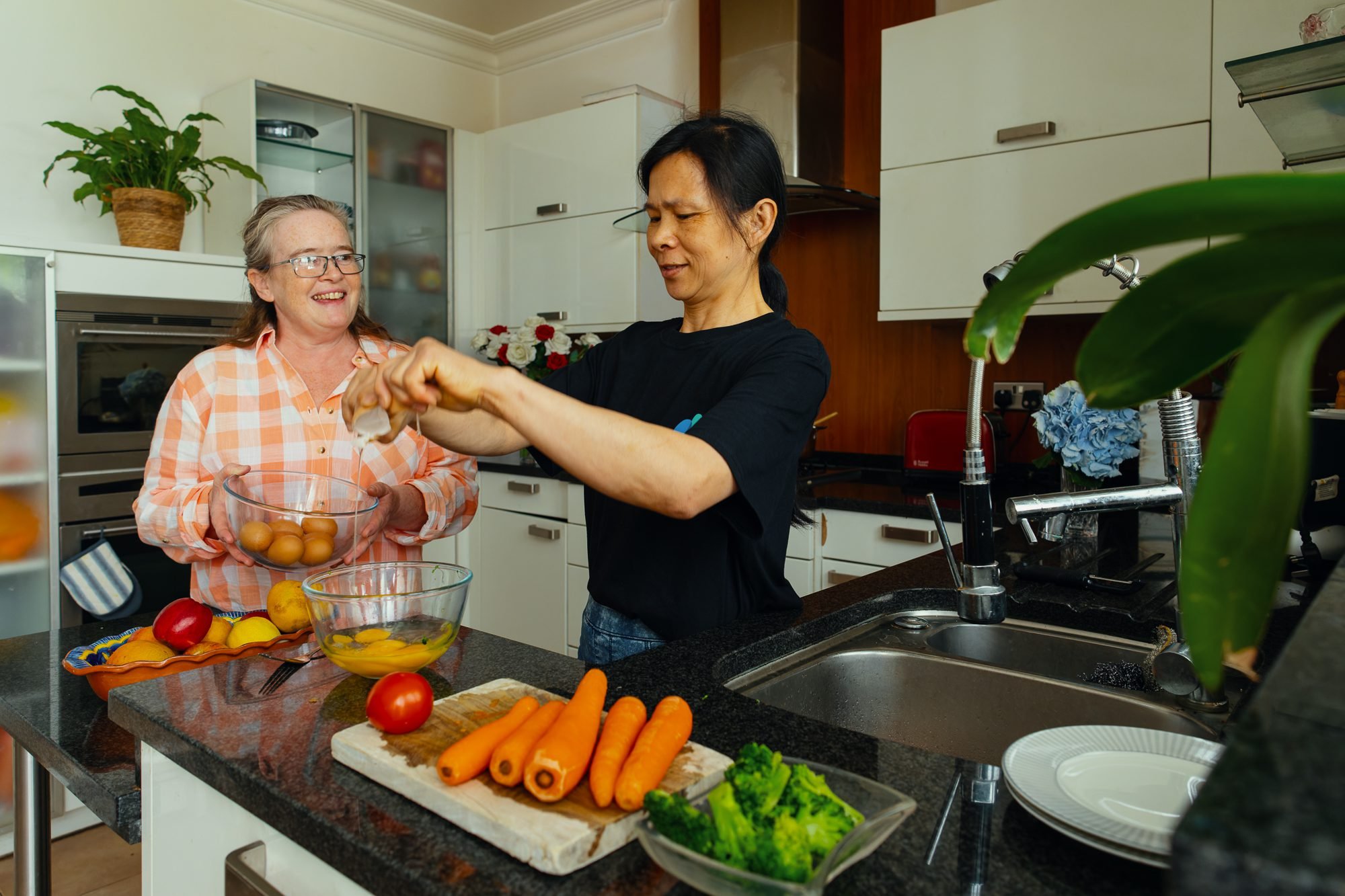
“Josephine has gone above and beyond. Every Wednesday she cooks a big meal and sets the table for Alison, her son Donald and his wife Annette, which is the highlight of the week and something they all really look forward to.”
Kyla
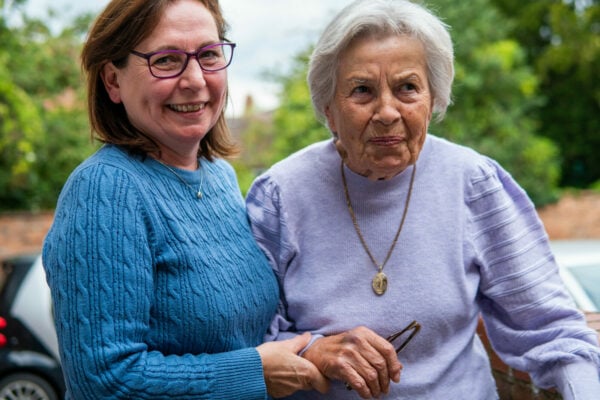
“Katie has made life easier and better for my gran from the moment she arrived. She has fitted in so well with our wee family and makes my gran feel special. ”
Angela
See local carers
We have connected over 5,000 families and carers across the UK. Search for yours today.
The cost of live-in care
Families pay £1150+ a week for live-in care on the Elder platform.
As with any type of care, there are funding options available. If you’ve not done so already, it’s worth asking your local authority for a care assessment. They’ll review your needs and whether you’re eligible for financial assistance.
If you’re assessed as ineligible for help from your local authority, you may still be able to access help from a benevolent fund or charity. You can find information about possible funding sources from local carers’ groups, your GP, social worker or health visitor.
Living with Dementia?Consider live-in care
85% of us would want to stay in our own home if diagnosed with dementia. Elder makes this possible.
- We've helped thousands of families living with dementia
- We'll only match you to carers with dementia care experience
- We're part of Alzheimer's Society's Dementia Friends' initiative
Live-in care transforms lives
We’ve helped thousands of families across Great Britain.
Peggy
Peggy’s dementia meant she really struggled in a care home. Since returning to her own home she’s become herself again.
Patricia
Patricia and her carer Rose love to keep busy, from attending concerts and dances together, to taking day trips.
Jean & Fred
Married for 70+ years, Jean and Fred receive care at home so they can both stay part of their close-knit community.
Speak to an Elder care advisor
Interested in finding out more about live-in care? Get started by booking an appointment with one of our friendly team.
Awards/As seen in





FAQs
About live-in care
Once you’ve created your MyElder account, you’ll need to complete some online clinical suitability questions and submit a ‘Care Request’. This can often be completed in under 10 minutes, and ensures Elder’s platform is right for your needs, and gives us the essential information we need to kick off the carer matching process. Questions cover –
- Basic information such as the name, age and location of the person needing care
- medical conditions
- mobility level
- hobbies and interests
- discrimination risk
Once submitted, our ElderMatch technology will use your answers to shortlist suitable self-employed carers. You’ll usually recieve the profiles of suitable carers within 24 hours.
Profiles contain details of the carers experience and background, and feedback they’ve recieved from other families. You’ll also be able to view a short introductory video from the carer to get to know them a little better.
You can invite other family members / decision makers to your account to help review potential carers, and can use the chat feature in MyElder to message the carers you’re interested in, and arrange a phone / video call with them.
If you’re unsure what to ask potential carers, we have some suggestions here. Once you’ve found a self-employed carer you’d like to work with, click ‘accept’ on their profile. For more tips for choosing the right carer for your needs, click here.
You can create your MyElder account by clicking this link.
Creating an account is free, and there’s no obligation to move forward with Elder once you’ve created your account.
Our Care Request questions have been developed by our in-house clinical team to automatically screen whether Elder’s services are appropriate for your needs. If your answers indicate that the level of care needed falls outside the scope of what a self-employed carer on our platform can provide, you’ll be notifed and have the chance to speak to one of our team for guidance on what to do next.
Yes, if you would like to work with more than one self-employed carer, for example, if you’d like one daytime and one nighttime carer, simply submit a separate care request for each – detailing the the needs each carer will be supporting with.
Because we’re a marketplace operating across Great Britain we can often connect families to self-employed carers within 24 hours. In some urgent instances, we’ve facilitated matches same day.
Yes, we give you the choice if you’d prefer a male or female carer, simply let us know if you or your loved one has a preference.
Yes. Every carer who joins our platform must have a good level of written and spoken English.
If you’d prefer a carer who also speaks a second language, simply let us know.
Many families use Elder Chat in your MyElder account to introduce themselves to their carer and arrange a follow-up phone or video call. If your carer is nearby and available, you may also be able to arrange a face-to-face meeting between yourselves before their first day.
A carer who moves into your loved one’s home will need their own space in which to sleep and spend time when they are not actually providing care. Most commonly, a carer will have a bedroom of their own, but if this is not practical, you could adapt a reception room or study for them to use – as long as it’s a private space i.e not a thoroughfare to another room or in regular use by other family members during the day.
The live-in carer will not need a bathroom of their own, although this would be preferable. They will need clean and functional bathroom facilities that they can use, and if sharing a bathroom, there should be somewhere for them to store toiletries.
We also recommend setting up a WiFi connection if you don’t have one already. The internet is useful for many things, including keeping in touch with Elder, which can be even more important if you live in a rural location with poor phone signal.
The carer will prepare meals and probably eat with you / your loved one, so separate dining facilities will not be needed. We’d recommend budgeting £40 per week for the carer’s food. However, if you’d like us to arrange it, we can add it to your weekly payments.
If the carer has any special dietary requirements they may prefer to provide their own food. We recommend discussing this with your chosen carer to come to an agreement that everyone is happy with.
Self-employed carers will usually work between 8-12 hours per day.
Yes. The self-employed carers on Elder’s platform provide personal care, which may include –
- toileting and continence
- washing and bathing
- getting dressed
- oral care
- hair care and grooming
- medication prompting
Some people may feel uncomfortable accepting help with intimate personal care tasks. If this is the case, it’s really important to detail how much support or supervision is needed, and any measures that may make things more comfortable in your Care request and Care Profile This will ensure your self-employed carer has all the information they need to support you / your loved one.
Please note, the self-employed carers on the Elder platform will not be expected to undertake Stoma care, PEG care, Wound care, Ventilation and oxygen support, e.g BiPAP or CPAP Support, Specialist drug administration, including Controlled Drug Administration, Covert Medication Administration, Glucose readings via finger pricks, Injections, Pessaries, Enemas, Suppositories, or Catheterisation
For more information, visit our quick guide for customers.
Yes, self-employed live-in carers can provide occasional night-time support, for example, helping the person they’re caring for get to the toilet, or providing reassurance if they wake up confused.
Carers expect to assist with night-time disturbances up to 2x per night for around 15 minutes on average. If your loved one requires more support than this, you’ll need to make alternative arrangements, such as waking night care. Live-in carers must get enough rest, so a self-employed carer should not expect to exceed these waking times unless he/she is a waking night carer.
For more information, visit our quick guide for customers.
While self-employed live-in carers aren’t professional cleaners, they can support with some light housework as part of their weekly duties. This may include –
- wiping down surfaces
- vacuuming and mopping floors
- emptying rubbish bins
- laundry
- changing bed linens
Expectations around household cleaning should be discussed and agreed upon with your carer before they begin the placement.
Self-employed carers are not expected to perform deep-cleaning tasks. It’s recommended that you enlist the services of a professional cleaning company for deeper cleaning or specialist expertise.
When your live-in carer takes time off you can use Elder to search for a self-employed respite carer to cover their break. Here’s how the process works –
- Together, you’ll discuss when they plan to take their break.
- They’ll then book their time off via our carer platform – The ElderHub.
- The dates will be automatically advertised on the ElderHub, and other carers will be able to apply to cover the period.
You can then choose from applicants, following the same process you used to select your first carer on MyElder.
Your primary carer will also receive the respite carer’s details so they can discuss key aspects of your loved one’s care and plan a smooth handover. For more information, click here. (link tbc)
If you choose to make private arrangements or have a family member step in to provide care instead, remember to let us know so that we can pause your care schedule to ensure you’re not invoiced for this period.
Yes, a number of families use funding to cover all or part of their care costs.
Depending on your financial situation, you may qualify for some level of live-in care funding from your local council. If you don’t qualify you may decide to use savings, or release money from your home.
Some people with long-term complex health needs are eligible for social care arranged and funded in full by the NHS. However it’s worth noting that this funding is reserved for those with more intensive health and care needs, meaning those who qualify may require specialist care, for example PEG feeding or stoma support. This falls outside of what an introductory service like Elder can facilitate.
For information on funding options, please take a look at our ‘Funding your Care’ guide.
About Elder
We understand that families put a lot of trust in the self-employed carers on our platform, so to join our platform carers must pass the following suitability screening –
- Have previous experience providing care either in people’s homes, or in a care home or specialist facility. We don’t accept personal care experience alone.
- Have a good understanding of the English language (written and spoken)
- Have a valid form of photo I.D
- Have the Right to Work in the UK
- Have the ability to pass an enhanced DBS check (England and Wales only)
- Be able to provide at least 2 verifiable professional references
- Complete situational judgement and character screening
You can create your MyElder account by clicking this link.
Creating an account is free, and there’s no obligation to move forward with Elder once you’ve created your account.
Elder is an online marketplace connecting families needing care to self-employed carers. We use technology to match you to the most suitable carers and allow you to choose the carer you feel best fits your needs.
We also give you the simple online tools you need to manage care. And, unlike with a care agency, your care agreement will be between you and your self-employed carer. This gives you complete control over the care experiences, ensuring your loved one is cared for in a way they’re comfortable with – protecting independence, dignity, and routine.
You can find out more about how Elder works here.
We recommend all self-employed carers using our platform take out the relevant insurance. We’ve partnered with a third-party insurance company – Fish Insurance to make this process easier for self-employed carers.
At Elder we help families and self-employed carers do three critical things safely: (1) find each other, (2) match with each other and (3) manage their ongoing relationship directly. We enable this through the development of technology and processes that families and carers use. The agreement for care is between the customer and the self-employed carer – therefore Elder is not required to be registered with the Care Quality Commission or the Care Inspectorate.
However, everything we do at Elder is underpinned by respect, transparency, safety, and integrity. You can read our full safety and trust policy here.
You can find our full list of policies and standards here.